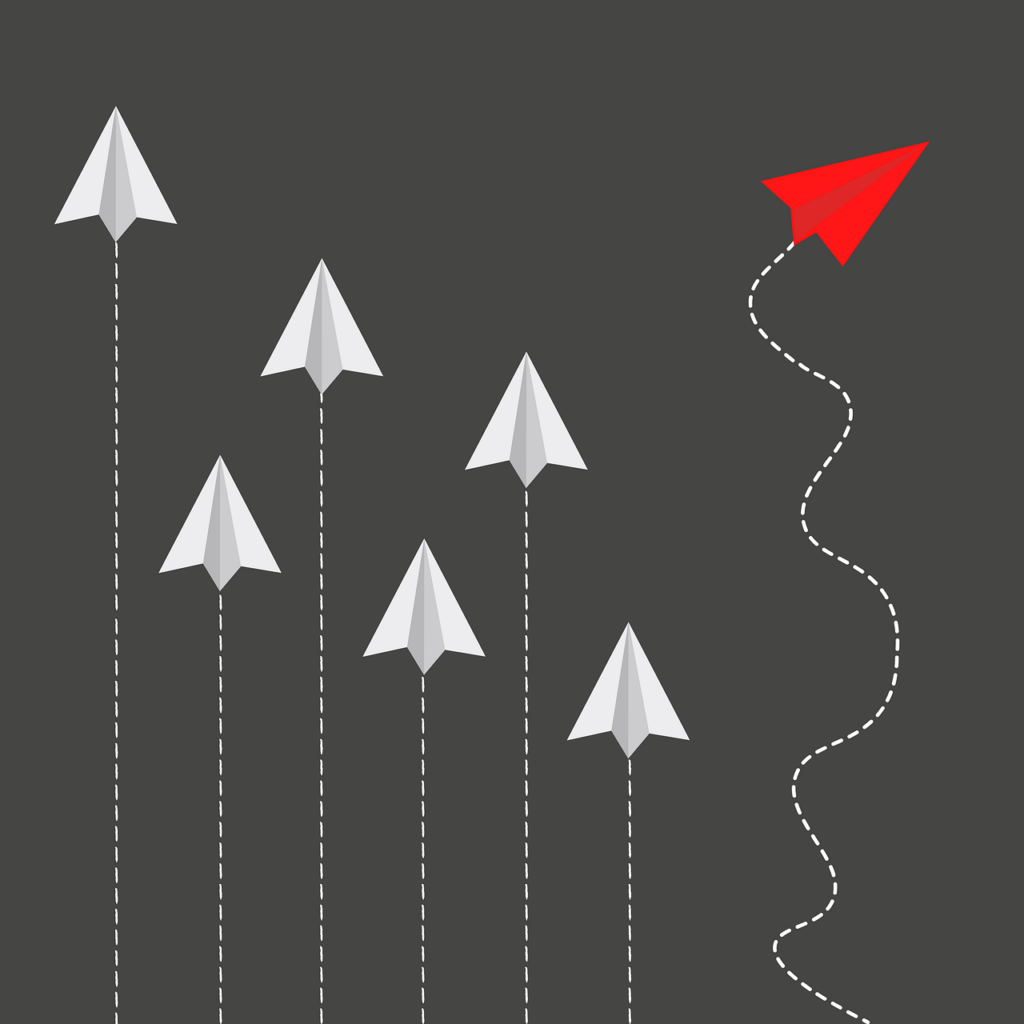Taking action can be incredibly challenging for a variety of reasons, and these challenges are often deeply rooted in human psychology and behavior. It also takes courage, and it’s safe to say you probably have some experience with courage. What we choose to act on is often determined by our goals, our passions, and our instincts to be proactive in situations of self-preservation. Your motivation to act might be different from one act to the next, but the type of courage you have might not be.
Think about a time when you had extraordinary courage. You might not have had the opportunity to demonstrate astonishing heroism, but that team you’ve led, that comfort zone you’ve stepped out of, and that trust you instilled in a future leader might be your version of extraordinary courage.
Let Your Courage Take You Into the Second Act

When you’ve made a choice to be courageous, how did that conversation with yourself go? It was probably an internal struggle that had you weighing your options and finding personal fulfillment in the desired outcome.
To build momentum – to advance as a leader – the choice you make to be courageous is the building block of your next act. With each act, you can become more familiar with what you had to do to get to that point. That foundation allows you to build transferable courage.
Much like a transferable skill that you work very hard to develop, you should work just as hard to build transferable courage.
Find Similarities
As you encounter new hurdles in your career, draw on past experiences to find the way to best move forward. Instead of starting with a blank canvas, you ask yourself, “How did I approach this situation last time?” The best leaders compile a database of solutions and processes that serve as their own personal roadmap. It’s easy to look at those solutions and processes as something that’s black and white – almost concrete. However, what you might not realize is there’s plenty of room for courage in that database.
Your professional career as a leader will put you in many different situations, but you can always find similarities in the way you act. More than likely you’ve made mistakes and even more so, you’ll make many more. You don’t have all of the answers or an instruction manual on hand for every position you might find yourself in, but you can still find similarities.
That doesn’t mean you have to break down each previous action to find out what you might already know. Drawing similarities means knowing what you already know, and being a leader means knowing that you have acted courageously in the past.
It Comes Down to Experience

Without stepping out of your comfort zone and being courageous, your experience stops before you ever start your first act. It’s those first valuable steps that show you that you can act – they show you that you have what it takes to be courageous.
As your experience builds as a leader or a future leader, you have an edge over the next obstacle or hurdle you might come across. You can’t navigate and traverse the ever-changing landscape of your career without experience. A lot like that landscape, you will have peaks and valleys – landmarks in your career that you will have to bridge and find a way to cross. Your experience lets you fill in those gaps and helps you stand courageously on those peaks.
Curtain Call

There’s not much that’s more personally fulfilling than sitting back and admiring your work. At the end of the day you can say “Hey, I did that. I was successful. I know I can do it again – maybe even better.” That is your transferable courage. When you can sit back after your act and admire your achievements you realize you can carry that effort and courage into the next act.
Now, I challenge you with a question: What is your next act, and how will you draw upon courage to face it head-on?
Photo by



